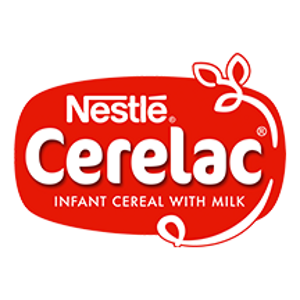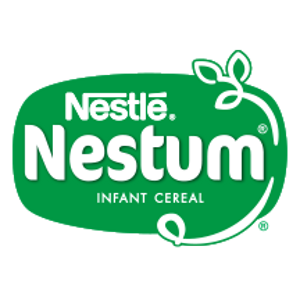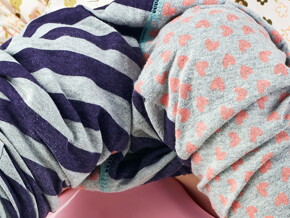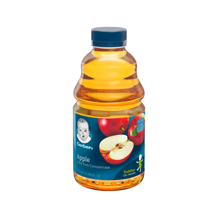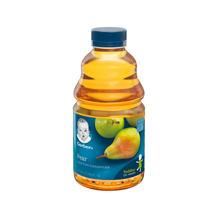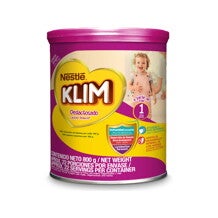
Understanding Fever in Toddlers
If you are worried about fever in toddlers, click here to learn more about what you can do and some important recommendations.
As parents, nothing causes more concern than when your little one is not feeling well. One common source of worry for parents is fever in toddlers. While it's a natural response of the body to infections, teething, or other mild illnesses, it can be distressing to witness.
Fever in toddlers is generally defined as a body temperature above the normal range of 37°C (98.6°F). Parents must recognize the signs, understand the potential causes, and know when to seek medical attention.
Arming yourself with knowledge about fever in toddlers empowers you to respond effectively and provides reassurance during these challenging moments. In Baby&Me, we explore the nuances of this common childhood occurrence, offering insights and practical tips to help you ensure your little one's well-being.
Toddler Body Temperature
A toddler's body temperature regulation is a finely tuned process, and understanding how it works is key to managing fevers effectively.
The normal body temperature for a toddler typically ranges between 36.1°C (97°F) and 38°C (100.4°F). It's essential to note that each child is unique, and their baseline temperature can vary.
The hypothalamus, a region in the brain, acts as the body's internal thermostat. It constantly monitors the temperature and strives to maintain it within the normal range.
When the body detects an infection or other external factors that may disrupt this balance, the hypothalamus orchestrates a response to increase the body's temperature. This elevation helps create an environment less favorable for the growth and replication of certain pathogens.
Fever, therefore, can be seen as a natural defense mechanism, signaling that the body is actively fighting off an infection. While it may be distressing for you to witness a rise in your toddler's temperature, it's crucial to remember that fever itself is not an illness but rather a symptom of an underlying cause.
What To Do When Your Toddler Has a Fever
Dealing with a feverish toddler can be an unsettling experience for any parent, but knowing how to respond appropriately can make a significant difference in your child's comfort and recovery. Here are some practical steps to take when your toddler has a fever:
Monitor Temperature Regularly
Use a reliable thermometer to monitor your toddler's temperature. Record the readings to share with your healthcare provider if necessary. Remember that the method of temperature measurement (rectal, oral, or tympanic) can affect the results, so be consistent.
Ensure Adequate Hydration
Fever can lead to increased fluid loss through sweating and rapid breathing. Encourage your toddler to drink fluids regularly, such as water, diluted fruit juices, or oral rehydration solutions. This helps prevent dehydration, a common concern during fevers.
Dress Comfortably
Avoid overdressing your toddler. Dress them in lightweight, breathable clothing to help regulate their body temperature. Use blankets sparingly, as overheating can exacerbate the discomfort associated with fever.
Create a Restful Environment
Ensure your toddler gets plenty of rest. A quiet and comfortable sleeping environment can aid in their recovery. Use soft lighting, play soothing music, or read a calming story to help them relax.
Consult with a Healthcare Professional
If you are unsure about how to manage your toddler's fever or if the fever persists, consult with your healthcare provider. They can provide personalized advice based on your child's health history and current symptoms.
Remember, every child is unique, and these general guidelines may need to be adjusted based on your toddler's specific needs. By staying informed and taking appropriate measures, you can help your toddler through a fever with comfort and care.

Recommendations for Managing Fever in Toddlers
When it comes to addressing fever in toddlers, a combination of home care strategies and professional guidance can make the process more manageable for both parents and their little ones. Here are some recommendations to consider:
- Always consult with your child's healthcare provider for guidance on managing your toddler's fever. They can provide personalized advice based on your child's age, weight, and any underlying health conditions.
- While a decreased appetite is common during a fever, try offering small, nutrient-rich meals that are easy to eat. Focus on foods that provide essential vitamins and minerals to support your toddler's immune system.
- Keep a close eye on your toddler for any signs of distress, such as difficulty breathing, persistent high fever, or unusual behavior. If you observe concerning symptoms, seek immediate medical attention.
- Use lukewarm baths or cool compresses to help bring down your toddler's temperature. Avoid cold baths, as they may cause shivering and increase discomfort.
- Educate yourself on common causes of fevers in toddlers and be aware of warning signs that may necessitate medical attention. This knowledge empowers you to make informed decisions about your child's health.
When in doubt, always reach out to your healthcare provider for professional advice and guidance. Your proactive care and attention play a crucial role in helping your toddler recover from a fever with comfort and support.
With a combination of parental intuition and professional advice, you can comfort your feverish toddler, ensuring their swift recovery and well-being.
SOURCE
https://www.stanfordchildrens.org/en/topic/default?id=fever-in-children-90-P02512
https://www.choa.org/parent-resources/everyday-illnesses/what-to-know-about-fevers-in-kids

Gain a better understanding of your child's development with the help of our stages


